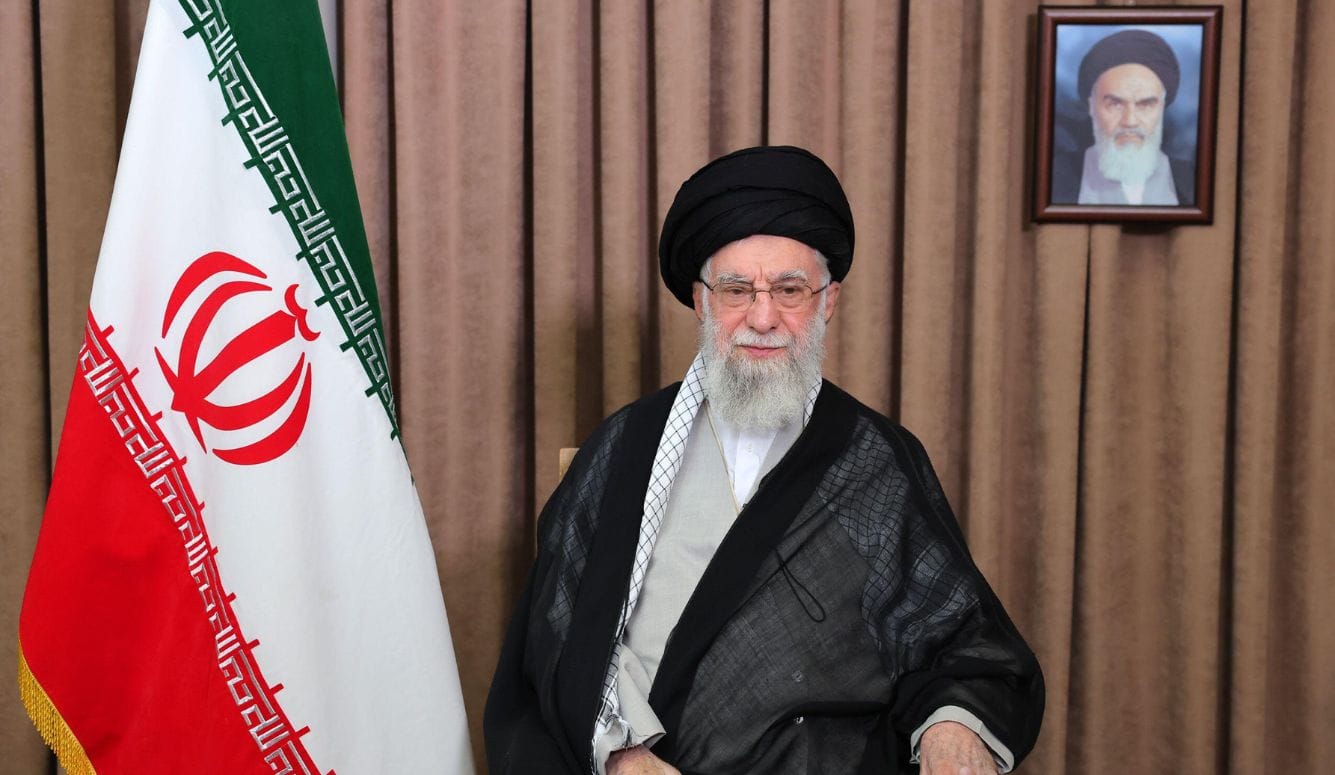Politics
Beheading the Snake
The Israeli attack on Iran is in line with its longstanding policy of never allowing its neighbouring enemies to acquire nuclear weapons. But it is also the latest episode in the wider war against Israel launched in late 2023 by Iran’s proxies.

Friday 13 June may prove to be a turning point in the history of the Middle East, with significant repercussions for global history. For the first time since the Islamists under Ruhollah Khomeini took power in Tehran—from whence they have exported Islamist doctrine, revolution, and terrorism around the world—a Western power, Israel, has attacked the Ayatollahs’ regime on their home turf and shaken it to the core. Israeli fighter-bombers continue to pound strategic sites, targeting Iran’s military and scientific elite with virtual impunity, humiliating the regime and instilling hope in the country’s urban masses, who despise and fear their theocratic masters. At the same time, Israel is completing the process of dismantling Iran’s proxy “ring of fire”—Hamas, Hezbollah, the Houthi rebels, and the Assad regime in Syria—that has harassed Israel for decades. The continuing Israeli aerial assault is steadily demolishing Iran’s nuclear weapons project, installation after installation. Over the coming weeks, Israel may well devastate the country’s oil industry, which is the economic mainstay of the regime. Regime change in Tehran is definitely in the air—and the fact that they have significantly reinforced the police and security presence in Iran’s towns and cities is a clear indication that the regime fears for its life.
In the early hours of 13 June, 200 Israeli jets, accompanied by air-refuelling tankers, flew over a thousand miles to hit Iranian air-defence units, nuclear sites and scientists, as well as ballistic-missile and drone production and launch bases, military headquarters, and the leadership of the country’s armed forces. The Israeli leaders designated the attack “pre-emptive”—which is understandable given that, ever since they took power in 1979, Iran’s Islamist leaders have been repeatedly asserting that the destruction of the Jewish state is one of their major policy goals. In Tehran, there is even a public doomsday clock, counting down the days until 2040, when the current Supreme Leader, Ali Khamenei, predicted that the Jewish state will expire. In light of this long-term Iranian objective, Israel regards that country’s nuclear project as an existential threat.
Iran retaliated with massive drone and ballistic missile barrages against Israel’s population centres. By the morning of 14 June, these attacks had claimed the lives of three elderly Israeli civilians and injured several dozen others. But almost all the incoming Iranian missiles were downed by Israel’s multi-layered anti-missile defences, assisted by American and Jordanian anti-missile units—just as they were during the previous Iranian missile barrages of April and October 2024.
But this time around, Israel is treating the deadly exchanges with Iran as the start of a war of indefinite duration. All kindergartens, schools, and universities as well as many workplaces remain shut; the population has been advised to remain near either air-raid shelters or the reinforced-concrete safe rooms many Israelis have in their houses while the Israel Air Force (IAF) continues to pound targets in Iran. So far, no Israeli aircraft have been lost.
The Iranians may cave and agree to dismantle their nuclear project or, at least, return to the negotiating table with the United States with the aim of resolving the nuclear issue. America is demanding that the Iranians give up the 400 kilograms of enriched uranium they have stockpiled so far and agree to end all further enrichment. Israeli Prime Minister Benjamin Netanyahu, who has been warning of the need to halt Iran’s march towards the Bomb for decades, but has always hesitated to send in the jets, deemed the current moment propitious for an attack—an attack that has become unavoidable given Iran’s rapid recent advances toward nuclear weaponry. Last Thursday, the board of governors of the International Atomic Energy Agency—which has been no friend to Israel in the past—issued a dramatic report condemning Iran’s violations of its nuclear nonproliferation obligations and accusing the country of having amassed sufficient enriched uranium to be able to produce nine atomic bombs, after further enrichment and a weaponisation process.





